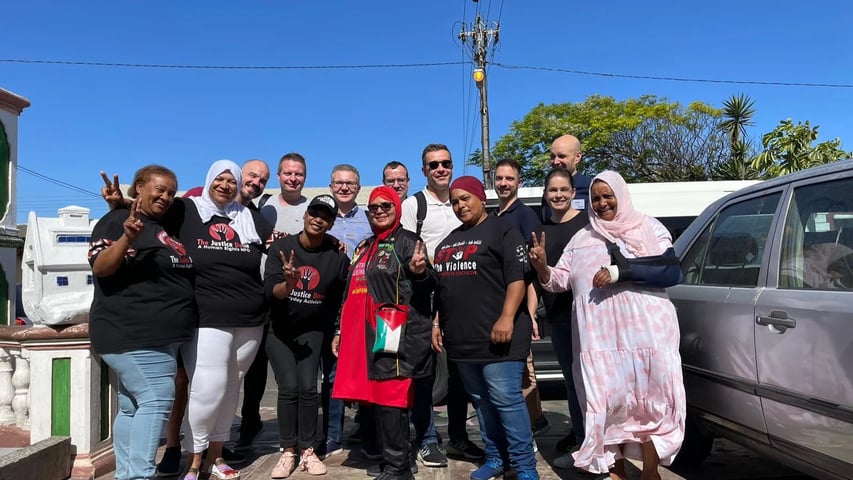Internationalisation and entering new markets is usually preceded by diligent analysis of available information and weighing of options. My own experience of working with small and medium-sized enterprises is that the final decision to expand internationally is often more a mental or emotional question.
During our recent International Business workshop for the Henley EMBA – Global, we learned that the focus of scientific internationalisation research has shifted from multinational enterprises (MNEs) to small and medium-sized enterprises (SMEs). This change in research focus closely reflects the real-world changes of where international business takes place.
One of the key learnings for me personally was that the success in the company’s home market is often a result of the dynamic interplay between the firm-specific advantages and the market conditions. Therefore, when trying to understand why a company has been successful, it is just as important to understand the market and the country, as it is to understand the business model, resources and capabilities.
In my line of business I get to work a lot with owners and leadership teams of SMEs. Typically they are companies based in Finland, and their first target market for international expansion is usually Sweden. Market entry strategies are mostly foreign direct investment (FDI), either by creating a new subsidiary or by acquiring an existing company in the market.
In the final moments before the decision to expand, it is noteworthy that the leadership typically does not actively look for more facts or data to analyse. It is more about dealing with the feelings of fear and uncertainty that come with taking calculated risks. Often company leaders are quite experienced in taking risks but nevertheless internationalisation decisions seem to be a special category within risk-taking, that typically provoke strong and diverse emotions in the decision-makers.
I find it inspiring that we have the opportunity to help a SME case company in its internationalisation efforts during our study trip to New York next month. When conducting necessary analyses and consulting the case company’s leadership, I will try to remember the emotional side of internationalisation, and also take the mental factor into account when providing requested recommendations and related reassurance to our "client".
Reasons for conducting business more internationally are always company-specific, but I can conclude that one thing that should be taken more into account is the encouragement and emotional support of SME decision-makers. When a leader feels good and calm about the decision to go international, there is a much higher chance of success.
You can follow my EMBA journey through weekly updates with the hashtag #JuhoGoesEMBA on LinkedIn.
If you would like to learn more about the Henley EMBA:







